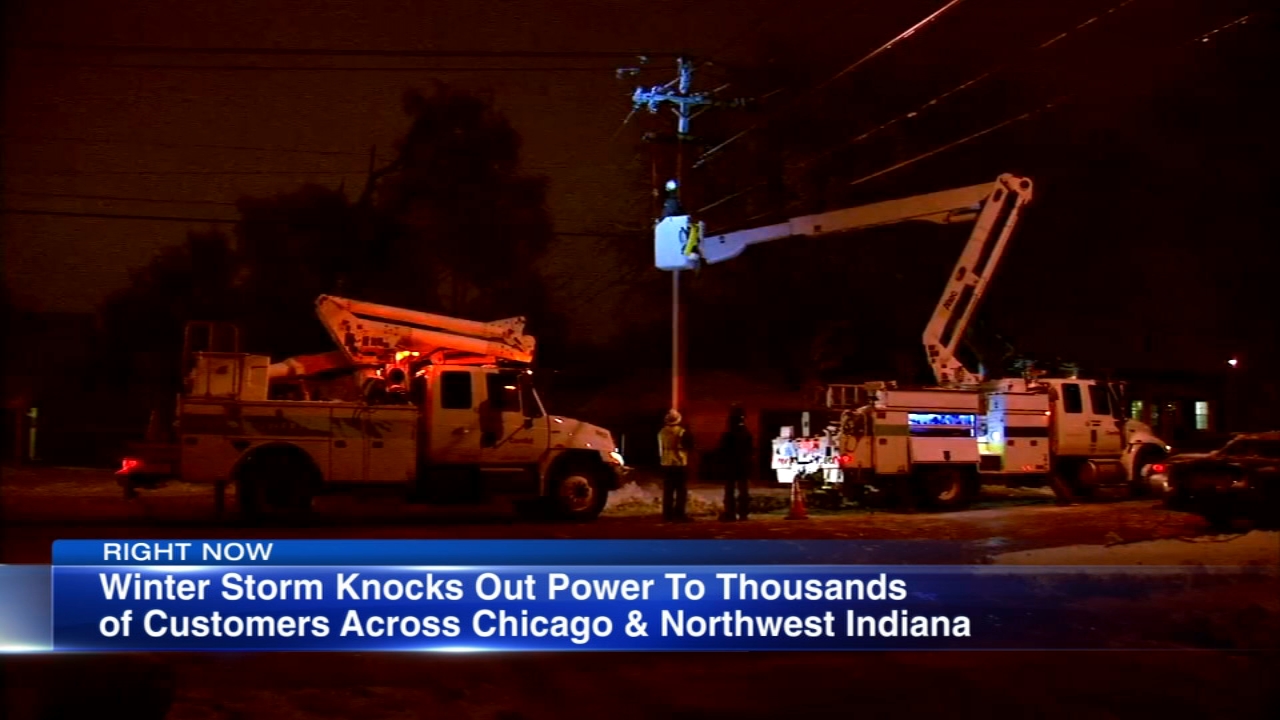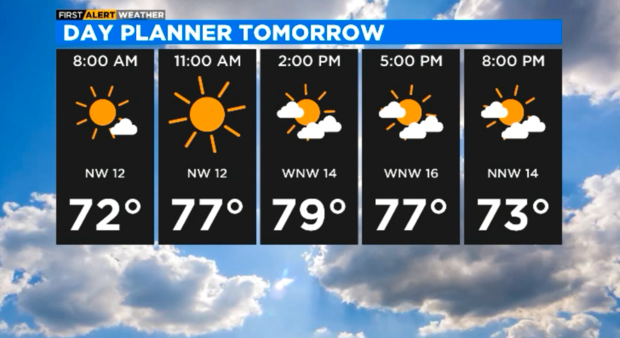
This particle feature of the urban climate is usually called the "urban heat island effect." Urban areas also cause changes in humidity, cloudiness, wind speeds and directions. In some cases, this difference can be higher. For example, Chicago tends to be warmer by 2☏, on average, especially at night. Buildings, parking lots, roads, and industrial activities make the urban climate noticeably different than that of surrounding rural areas. The first local feature is the urban climate in the Chicago metropolitan area. The settled weather associated with high-pressure systems is generally ended every few days by the passage of low-pressure systems. The polar jet stream often is located near or over Illinois, especially in fall, winter, and spring, and is the focal point for the creation and movement of low-pressure storm systems characterized by clouds, winds, and precipitation. Weather systems, the second major factor affecting the city’s climate, create the wide variety of weather conditions that occur almost daily as a result of varying air masses and passing storm systems. Solar energy is three to four times greater in early summer than in early winter at Chicago’s mid-latitude location which results in warm summers and cold winters.

The sun, primary energy source for virtually all weather phenomena, in large part determines air temperatures and seasonal variations. The effects of Lake Michigan and the urban area are of lesser significance but they influence local climate conditions to varying degrees within the Chicago metropolitan area, rather than uniformly across the entire region. Two major controls are latitude (reflecting the amount of solar input) and weather systems (air masses and cyclonic storms).

Climatic controlsįour factors control the continental climate of Chicago: 1) the sun, 2) weather systems, 3) urban areas, and 4) Lake Michigan. Lake Michigan provides a moderating influence on temperature while boosting the amount of snowfall received in the city. Many consider the more moderate temperatures of spring and fall to be the most pleasant. Chicago's climate is typically continental with cold winters, warm summers, and frequent short fluctuations in temperature, humidity, cloudiness, and wind direction.

IntroductionĬhicago lies midway between the Continental Divide and the Atlantic Ocean, and is 900 miles north of the Gulf of Mexico. Weather and Climate of Chicago" by Cox and Armington and the more rare 1893 " TheĬlimate of Chicago" by Hazen. Climate of Chicago - Description and Normals Dr.


 0 kommentar(er)
0 kommentar(er)
